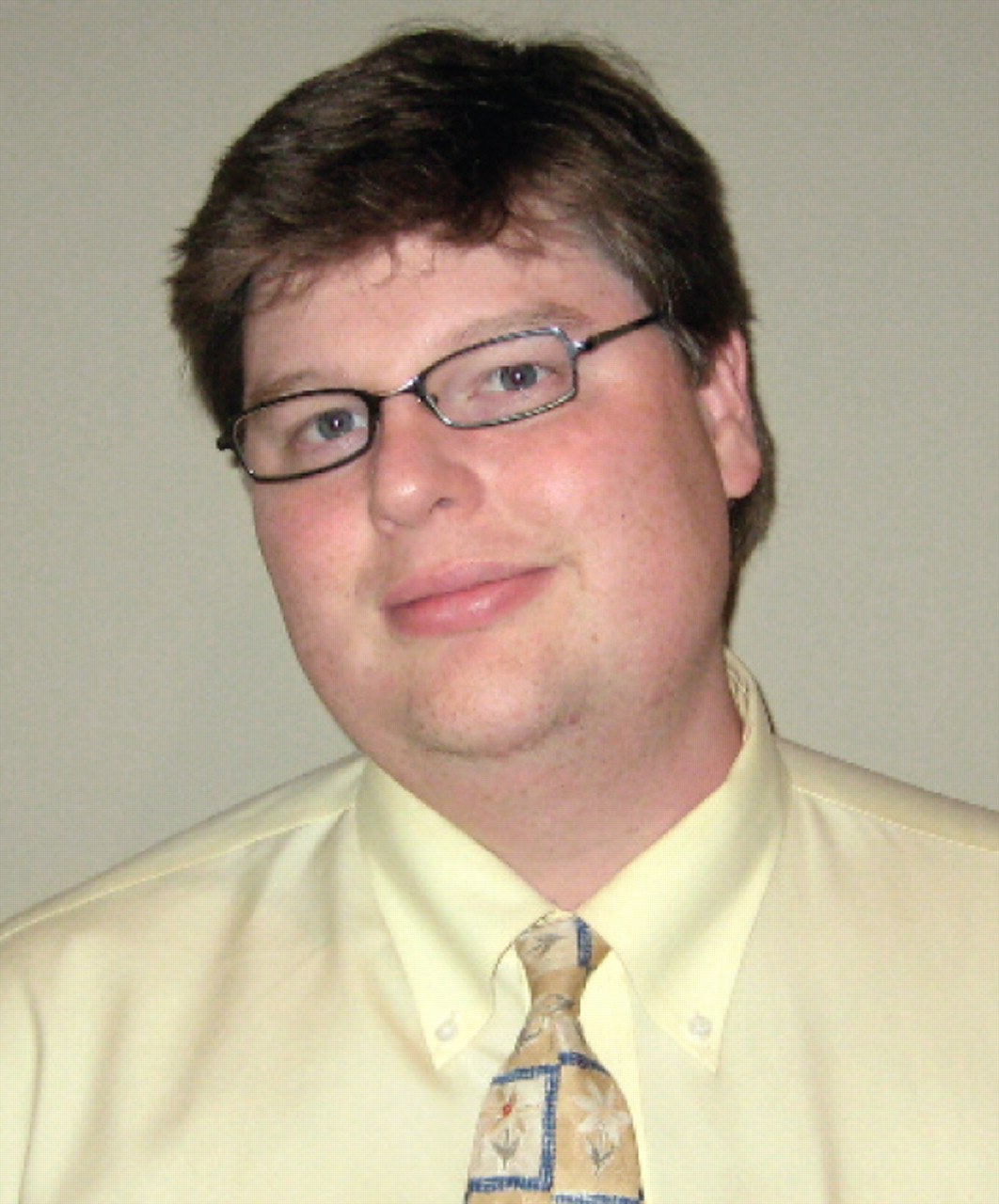Members-in-Training Discover How Stressed Their Colleagues Are

A burned-out health care worker often provides a lower quality of patient care than does a colleague who is satisfied with his or her job, according to multiple studies of job stress and burnout.
Today, researchers can turn to multiple validated scales to study stress and burnout in people in a wide range of professions. However, while several studies have focused on health care providers, medical residents were rarely included.
Remarkably, even with the implementation of the 80-hour workweek for residents, few have investigated if the change has decreased resident stress or improved patient care, as hoped, and still fewer studied resident well-being. Of the studies that have investigated resident wellness and stress, most are limited to a small sample of residents drawn from a mix of specialties. (PubMed, Google, Cochrane, and Ovid searches were used to identify pertinent articles.)
In my search of these databases, I found no studies that focused solely on psychiatry residents, and none has sampled residency programs throughout North America. Hence, little is known about how “well” psychiatry residents are, what their main stressors are, and how they cope with them.
The North American Resident Wellness Survey starts to answer how well psychiatry residents handle stress, the level and cause of their stress, and the coping strategies they use to deal with stress. The survey also investigated workplace harassment and personal well-being.
Dr. Vincent Blanch, past chair of the Assembly Committee of Area Member-in-Training Representatives (ACOM), conceived the project after hearing about a residency program that was violating the Accreditation Council for Graduate Medical Education's 80-hour workweek rule. Concerned about the prevalence of such infractions, ACOM proposed the survey and received funding from APA to conduct the survey.
Survey questions were based on a study done in Alberta, Canada, that examined well-being in Canadian family medicine and psychiatry residents. The new APA survey was distributed using APA's member database, allowing us to send e-mails to chief residents, APA fellows, and resident members whose programs are within APA's seven geographic Areas.
We asked these residents to complete the brief wellness survey and then forward the e-mail invitation to their program's other residents. To increase resident participation, the e-mails were distributed in waves, approximately one month apart, at the beginning, middle, and near the end of the survey period. Data were collected for a two-month period that began February 15. The survey was anonymous, and none of the demographic information collected can be linked with a specific resident or school.
The survey asked residents to self-report on a Likert scale ranging from 1 to 5 their level of stress, causes of stress and coping strategies (a list of common stresses and coping strategies was provided), level of satisfaction with their physical and mental health, and the extent to which they experienced any harassment or intimidation. They were also asked to provide demographic information, including age, race, sex, and postgraduate year. Additionally, residents could indicate stressors and coping strategies in narrative form or offer other kinds of comments.
By the close of the survey on April 18, 887 residents had responded.
The survey results were presented at APA's 2008 annual meeting in Washington D.C., last month. In addition, the results will be e-mailed to all residency directors and chief residents and will be posted on APA's Web site.
Preliminary results from the first month revealed that 7 percent of residents are either dissatisfied or very dissatisfied with their life in general, while 15 percent said they are either dissatisfied or very dissatisfied with their mental health. Twenty-two percent reported being either dissatisfied or very dissatisfied with their physical health. Sixteen percent wanted to change residency programs, and 18 percent wanted to change careers.
About 80 percent of the residents who said they were stressed indicated that time demands and their work environment were stressful or very stressful, while only 50 percent of the more-relaxed residents cited these two factors as being stressful or very stressful.
Perhaps troubling for their health in general, 30 percent of the residents reported not having a primary care provider, and 46 percent reported they had not seen a primary care provider in the preceding 12 months.
Sixty-two percent rated their life as either very stressed or stressed. The sources of stress most frequently cited were time pressures, cited by 85 percent, physical health by 29 percent, mental health by 35 percent, financial pressures by 58 percent, workload by 85 percent, personal relationships by 58 percent, and harassment by 14 percent.
Our survey findings indicate that the majority of North American psychiatry residents experience a stressful life, with time pressure and workload being the most frequent cause of stress. Stressed residents work longer hours and use different coping mechanisms than do less-stressed residents.
Although this survey cannot demonstrate causal relationships, it can serve as the basis for future modeling of psychiatry resident stress and as a guide for improving resident wellness and patient care. ▪



